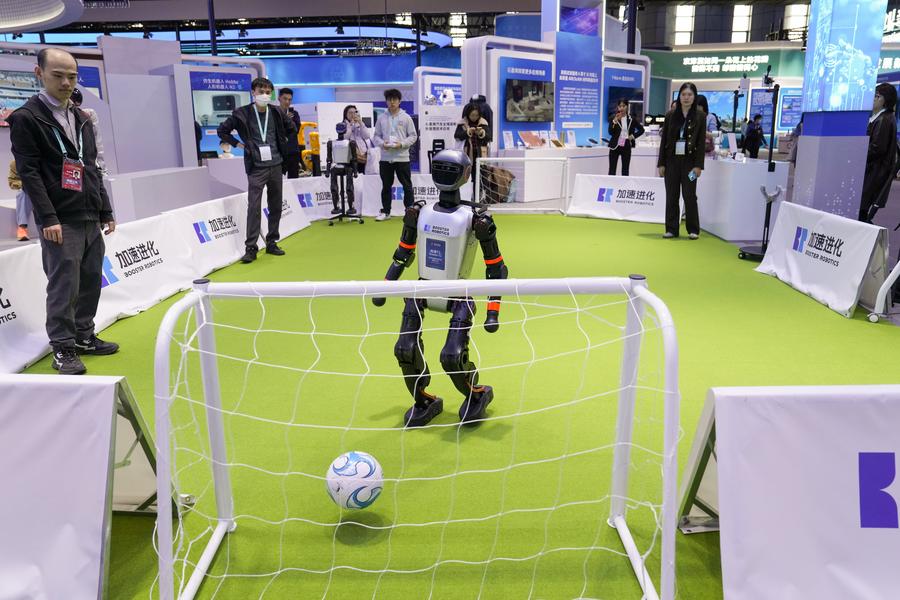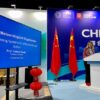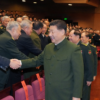Beijing: At Beijing’s Zong Gankan International Innovation Center, Humanoid robot Kovo has become a familiar look, is easily conducting reception duties, responding to visitors, and guiding guests to find their way through convenience.
“Standing 1.7 meters long with advanced academic capabilities, Kovo is our next generation service robot,” said Go DA, a sales manager of Shenzhen -based Leejo Robotics. “Currently deployed to universities, exhibition halls and automotive plants, model is ready to enter homes and serve in the future.”
The recently concluded 2025 Zhong Gonkan Forum highlighted China’s progress in robotics, exhibiting about 100 100 Humanoid models to work from musical performances to hosting the event.
Played by rapid development of statue, China’s humanoid robots are being manufactured at a rapid pace, and their access is increasing both industrial and domestic requests.
Industry data indicates China’s growing leadership in the relevant field. According to the Ministry of Industry and Information Technology, the country has more than 190,000 active robotics patents, which are almost two -and -a -half of the globally.
According to the Chinese Institute of Electronics, China’s Humanoid Robot Market is likely to reach 870 billion yuan (about 120 120 billion US $) by 2030.
Many modern models are already entering commercial use. Developed by the Beijing Innovation Center of Humanoid Robot, the Tiangong Ultra Robot is capable of operating at a speed of 12 km / h and climbing 35 cm steps, and is manufacturing the next Humanoid robot marathon.
Meanwhile, Walker S1, developed by a tech company in Shenzhen, is inspecting precision quality on the preparation of Audi.
The government’s support is intensifying development. Beijing recently unveiled a three -year action plan for statue intelligence innovation and industrial growth, supported by 100 billion yuan funds. Similar steps are being taken in Guangdong, Sichuan and Shansey provinces.
Beijing has identified as a key focus of sculpture for the development of the next generation of AI, said SU Gobin, deputy director of the Beijing Municipal Bureau of Economy and Information Technology.
The development prospects of the industry have been impressive. Leeju Robotics Chairman Lang Zhukone noted that Kovo received 250 orders in the first quarter, which surpassed the company’s half -year target.
Wang Kizo, deputy general manager of the unit Robotics, has already called for efforts to increase production performance by being trained in pre -training in autonomous adaptive systems.











